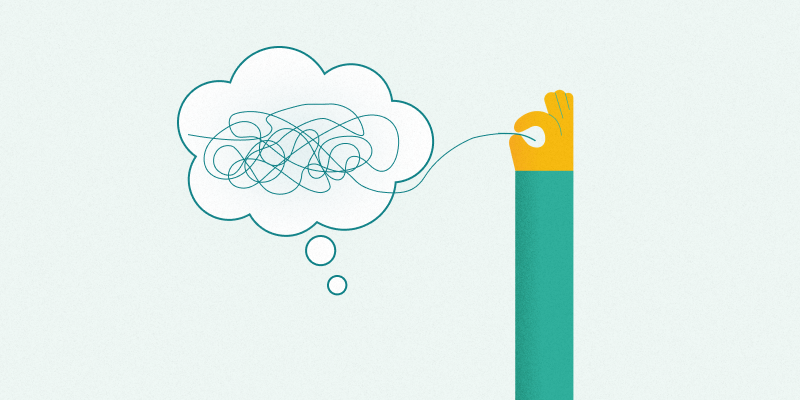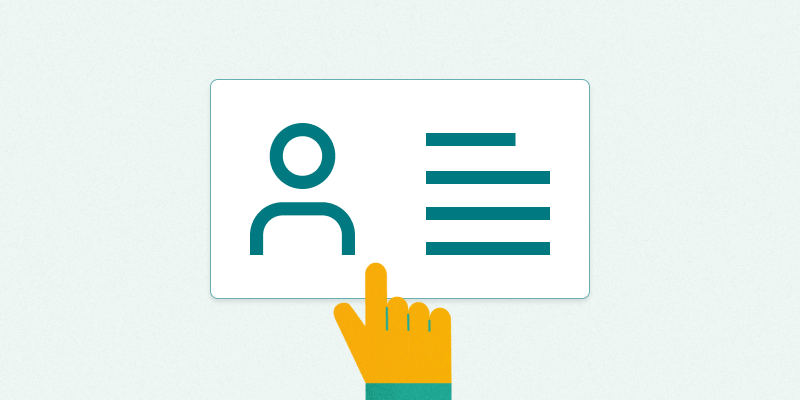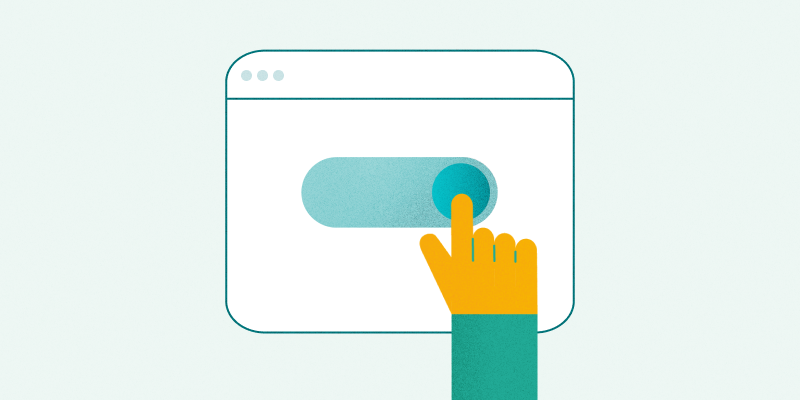3 min read
The gut feeling: an important tool in compliance
Most people working with AML compliance will recognise the feeling when your gut feeling just doesn’t sit right.
2 min read
Lærke Kartvedt
:
11-08-22 08:52

In 2020, when the Covid-19 epidemic was at its peak, the state paid financial compensation to Danish companies. About 198,574 applications for monetary compensation were sent, of which 89% of these applications were approved. As a result, the state had to pay out 18.6 billion DKK.
We analysed the state's financial compensation in 2020. A review of the aid packages from 2020 shows that approx. Nine out of ten people approved their application for monetary compensation, corresponding to DKK 18.6 billion. In addition, approx. 2.2 billion DKK to companies that had a bad credit rating.
Being creditworthy means that the bank or other creditors have assessed that the company's finances are good enough for them to dare to lend the company money.
Creditworthiness can be two things; it can either be good or bad. It also briefly reveals a company's ability to repay a loan. Having good creditworthiness means that the company can be allowed to record, e.g., a bank loan. A bad credit rating means that the company will often not be able to record, e.g., a bank loan. Having a bad credit rating is also called a D and C rating.
According to our credit rating model, which assesses creditworthiness, around 2.2 billion were paid out to companies with a bad credit rating (a D or C rating). Approximately 12% of the aid package has gone to these companies. Typically, it is recommended that you be careful when paying out to companies with bad credit, as it can be hazardous concerning a repayment. In addition, it can be seen from the state's side that there is trust in Danish companies in a crisis like that which unfolded in 2020. The state helped to rescue many companies, which with the help, will be able to hit more normal conditions afterward.
We see that the government paid out approximately 5% of the aid packages to companies that follow a pattern we have set in connection with fraud; this can, e.g., be because they use voice time cards as telephone numbers or have a director with many bankruptcies behind him.
The government paid up to 20% of the aid packages (around 3.7 billion DKK) to companies with a high risk of bankruptcy and where it was not sure that the companies could repay the funds.
The analysis also shows that the average payout is highest in the capital. Here, companies received approximately DKK 158,000, 61% higher than in the rest of Zealand, which received approximately DKK 98,000 paid out, which has the country's lowest average.
One of the reasons the capital was paid a more significant amount can be found in the companies of which there are the most in Copenhagen, this is, e.g., Copenhagen Airport, hotels, and restaurants, which the Covid-19 epidemic had very hard hit. However, there is still a remarkable over DKK 60,000 difference in the average compensation amount.
On a national level, our analysis shows that approx. Fifty-five thousand companies had applied for compensation more than once. Companies such as hotels and restaurants are behind around half of these applications.
Covid-19 had a deadly toll on the business world back in 2020, beyond hotels and restaurants due to restrictions, lack of travel activities, and the fear of being infected when many gathered in one place. It was, therefore, also crucial for these companies and the state that they received a helping hand to stay afloat and not go bankrupt so that they could not start up again when the crisis had let go a little.
The more than 55,000 multiple applicants testified that several companies had been under pressure for a long time and needed help.

3 min read
Most people working with AML compliance will recognise the feeling when your gut feeling just doesn’t sit right.

2 min read
We are pleased to officially launch Comply Light – a simplified solution designed for lawyers who need to collect and store ID documentation in a...

3 min read
Time is running out if you want to stay ahead of the legislative changes affecting lawyers who use pooled client accounts, which come into force on...